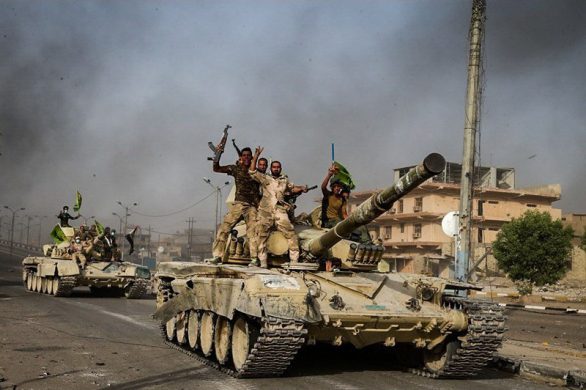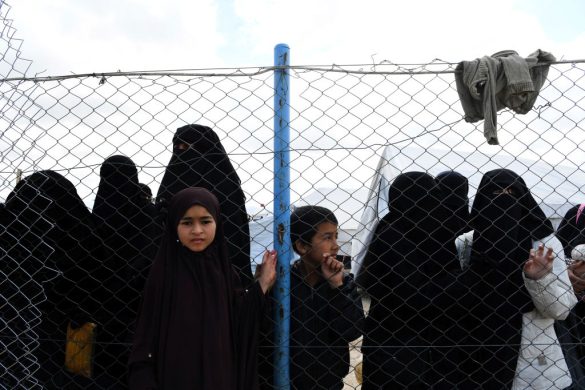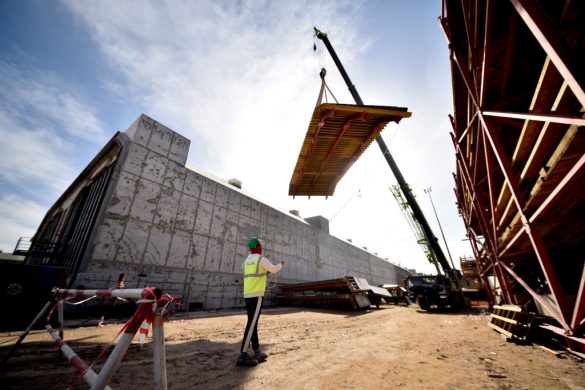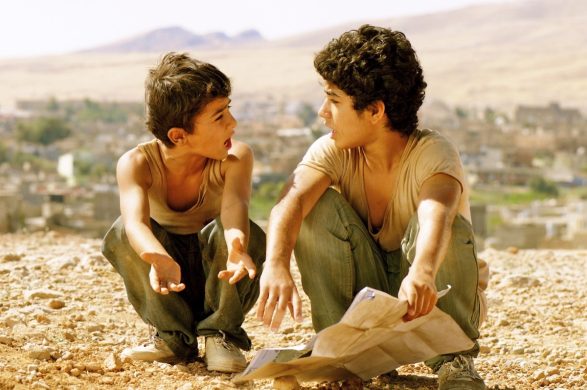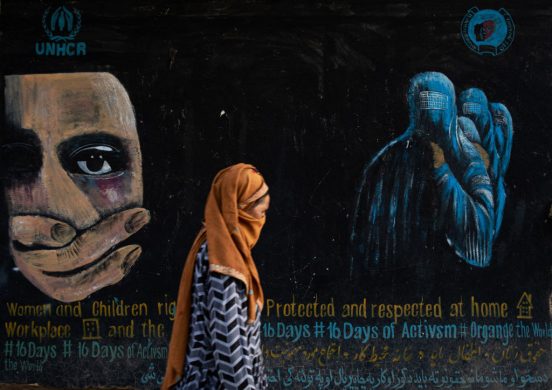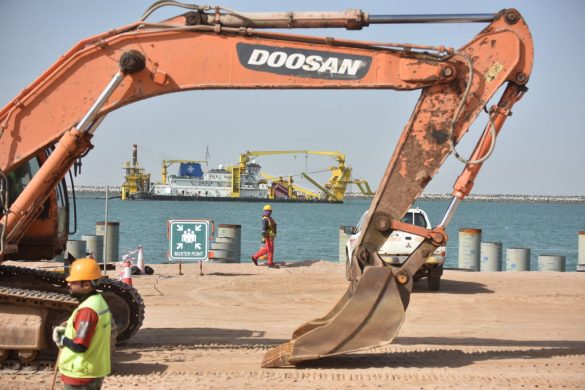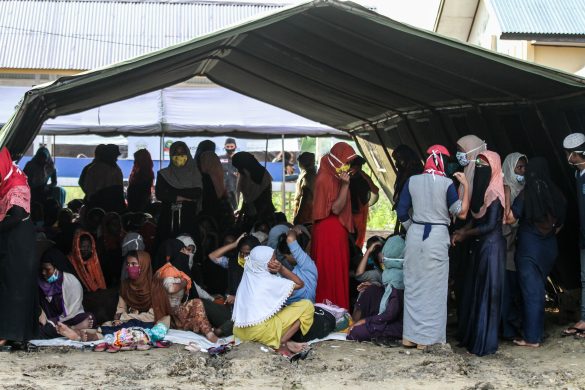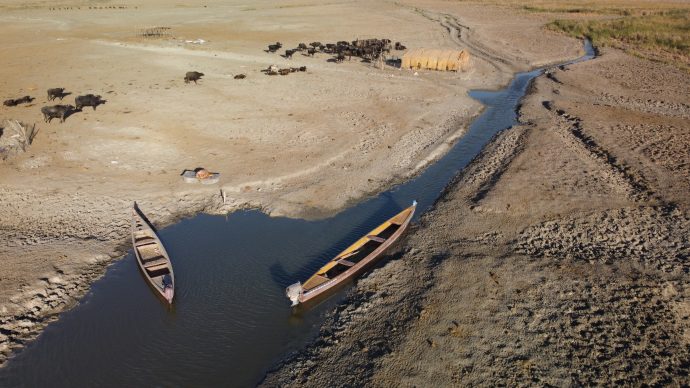After over two grueling years living under the control of the Islamic State (ISIS), Mosul’s1.2 million civilians may suffer yet more abuse when the government tries to retake the city if recent lessons from the operations to retake Fallujah, Tikrit and other areas are any guide.
To avoid this scenario, the US, other international forces, and the government in Baghdad should prevent abusive forces from entering Iraq’s second-largest city during and after the military operation.
Past operations
Just take a look at past operations against the extremist group in Iraq to see why.
Most recently, in the May-June battle to retake Fallujah, members of the Badr Brigades and Hezbollah Brigades (two powerful units within the Iraqi government’s Popular Mobilization Forces), and, in at least one instance, Iraqi federal police officers, detained and beat men fleeing the fighting, summarily executed and forcibly disappeared others, and mutilated corpses.
The disappearances took place as the armed units working with the government forces and the police separated men from their families at checkpoints, as well as in mass roundups in certain suburban neighborhoods.
The abuses in Fallujah followed numerous earlier allegations of widespread abuses during the government’s anti-ISIS operations, including destruction of homes by the Popular Mobilization Forces in Tikrit, and Amerli. All of the operations to retake territory from ISIS were supported by US-led coalition airstrikes.
Prior to the Fallujah operation, Prime Minister Haider al-Abadi, the Badr leader, Hadi al-Amiri, and the US-led coalition spokesman, US Army Col. Steve Warren, all gave assurances that the Popular Mobilization Forces would not be entering Fallujah, given their record of abuse. But there they were.
Reports of abuses
On June 4, as reports of abuses continued to emerge from Fallujah, al-Abadi said he had opened an investigation into the allegations.
Three days later, he announced unspecified arrests and the “transfer of those accused of committing violations to the judiciary to receive their punishment according to the law.”
Since then, however, Human Rights Watch has made numerous requests for information on the status of the investigation and on how many people captured during the battle are still being detained and/or charged.
The lack of response raises concerns about whether the government is actually investigating these abuses, and increases the concern that future violations will be committed with impunity.
Partner with rights-abusing groups
These serious concerns about Iraqi forces are coupled with worries that the government will continue to partner with other rights-abusing groups in the fight against ISIS.
We have documented the recruitment of child soldiers by two government-backed tribal militias (Hashad al-Asha`ri) participating in the fight against ISIS.
These are among the groups that have told me they hope to play a key role in the battle to retake Mosul and are actively recruiting fighters to scale up their forces before the battle.
The Iraqi authorities should do all they can to prevent abusive armed actors, including those within their own amalgamated forces, from participating in the battle for Mosul, and should not include armed groups that recruit or have failed to demobilize child soldiers.
They should also prevent any other militias they have reason to suspect would carry out revenge attacks from participating in the battle.
For its part, the US-led coalition should make clear that it will not provide air support for operations carried out by abusive armed groups if they want to ensure that those groups do indeed stay away.
Keep abusive forces out
If the authorities do not keep abusive forces out, Mosul’s civilians, many traumatized from living under ISIS for over two years, could be met with further abuses and not relief.
But the risk to civilians doesn’t end with the battle. The authorities plan to screen people fleeing Mosul during the battle, but aid workers tell us that the same authorities have refused to provide any information about the criteria for the screening process.
Based on the Fallujah experience, that could include measures as arbitrary as detaining all men with the same last name because of suspicion that that family has supported ISIS.
Instead, the authorities should promptly inform detainees of any charges against them and provide them with an opportunity to promptly challenge their detention before an independent judicial body, as required under Iraqi law.
Iraqi authorities should also prevent any abusive groups from setting up their own checkpoints, screening, or detention facilities.
Atmosphere of impunity
Iraq, and over a dozen countries supporting its fight against ISIS want to destroy this movement once and for all.
If they are serious about this aim, they should put a stop to abuses taking place in an atmosphere of impunity—with civilians paying the price for military goals and poor decision-making.
If the people of Mosul are to have any confidence that their liberators will not become their next abusers, the Iraqi government should take these steps alongside efforts to hold those responsible for violations in the fight against ISIS accountable.
If the authorities do not keep abusive forces out, Mosul’s civilians, many traumatized from living under ISIS for over two years, could be met with further abuses and not relief.

